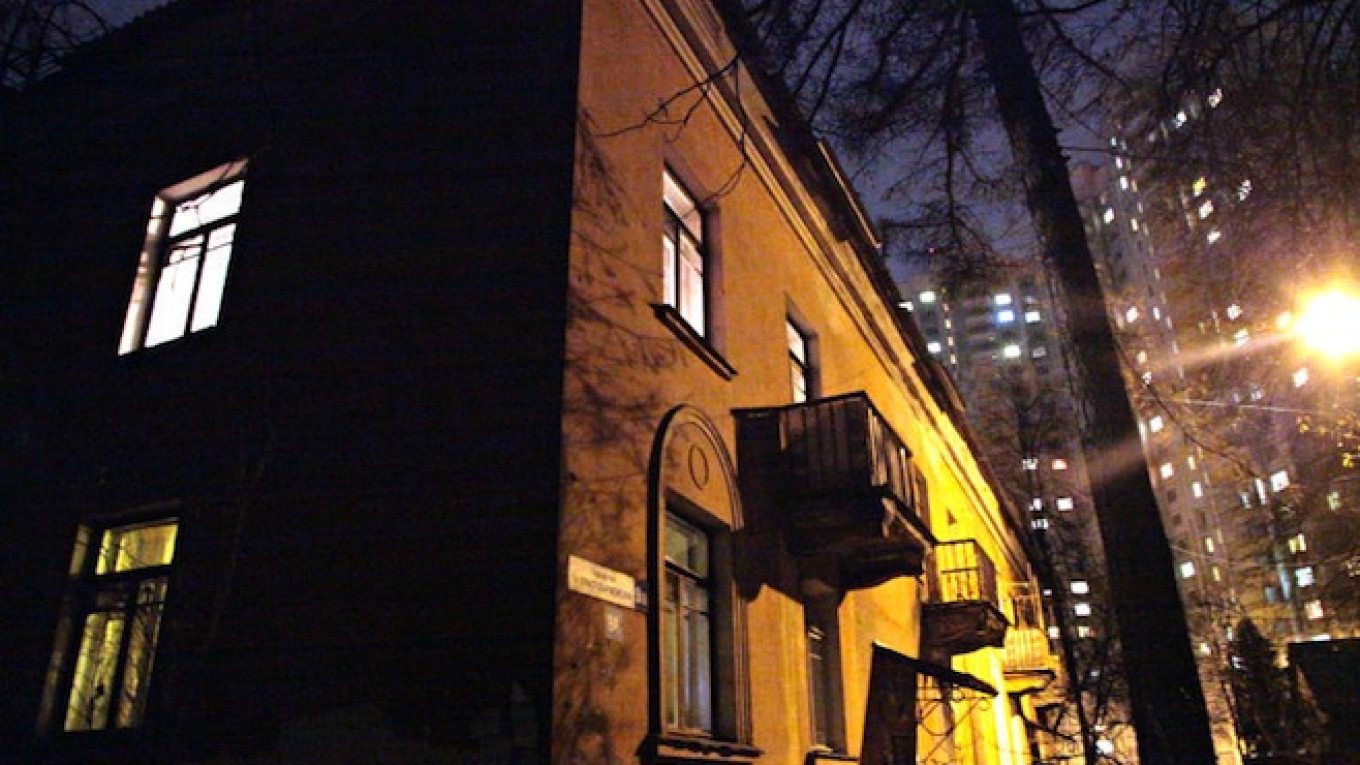The collapse of the ruble is causing economic doom and gloom in Russia. But in border regions of neighboring Kazakhstan demand for the ailing currency is rocketing as people rush across the frontier to snap up bargains.
"In northern Kazakhstan, people are buying up rubles en masse and going shopping across the border," reports KTK TV.
Bringing goods across the long border is relatively straightforward as Russia and Kazakhstan are fellow members of the Customs Union. So people are hurrying across from cities in northern Kazakhstan to buy anything from property and cars to clothes and food in Siberia.
The price of an apartment in some Siberian cities, once far higher than in the depressed towns of northern Kazakhstan, is now on a par, KTK said.
"I'll sell my apartment, and for the same price I'll buy in Omsk, because of the fall of the ruble," said an inhabitant of the city of Petropavl, which lies just 70 kilometers from the Russian frontier. "It's an investment."
In Kazakhstan's capital, status-conscious bargain hunters are using the cheap ruble to buy expensive cars, an Astana-based dealer told Kazinform news agency. "We brought five cars over from Yekaterinburg [in Russia] yesterday, now we're going to sell them on. Our rivals are doing the same, as are ordinary people wanting to acquire an expensive vehicle. You can find good options almost half as cheap as in Kazakhstan. Some people are going over and driving new cars right out of the showroom."
The ruble has fallen almost 40 percent against the dollar and 60 percent against the euro since the beginning of this year. That may be good news for Kazakhstanis near the Russian border, but more generally it is bad news for Kazakhstan, economists say.
The falling ruble was one of the main reasons behind Kazakhstan's devaluation of the tenge in February, which created economic havoc and public anger. The ruble's further precipitous plunge, combined with falling oil prices, is now creating expectations of another destabilizing devaluation, which many economists in Kazakhstan believe inevitable, although the National Bank keeps vehemently ruling it out.
This article was originally published by Eurasianet.org.
A Message from The Moscow Times:
Dear readers,
We are facing unprecedented challenges. Russia's Prosecutor General's Office has designated The Moscow Times as an "undesirable" organization, criminalizing our work and putting our staff at risk of prosecution. This follows our earlier unjust labeling as a "foreign agent."
These actions are direct attempts to silence independent journalism in Russia. The authorities claim our work "discredits the decisions of the Russian leadership." We see things differently: we strive to provide accurate, unbiased reporting on Russia.
We, the journalists of The Moscow Times, refuse to be silenced. But to continue our work, we need your help.
Your support, no matter how small, makes a world of difference. If you can, please support us monthly starting from just $2. It's quick to set up, and every contribution makes a significant impact.
By supporting The Moscow Times, you're defending open, independent journalism in the face of repression. Thank you for standing with us.
Remind me later.






